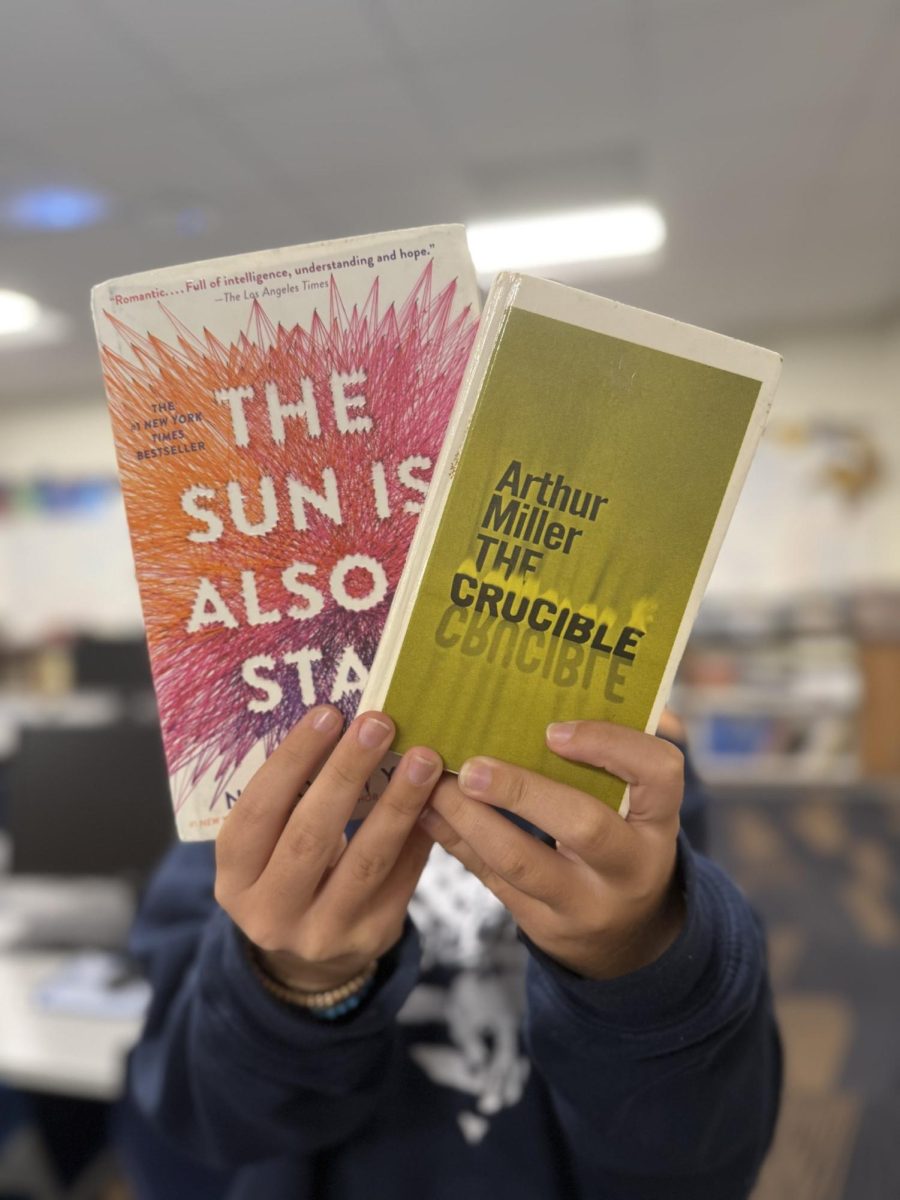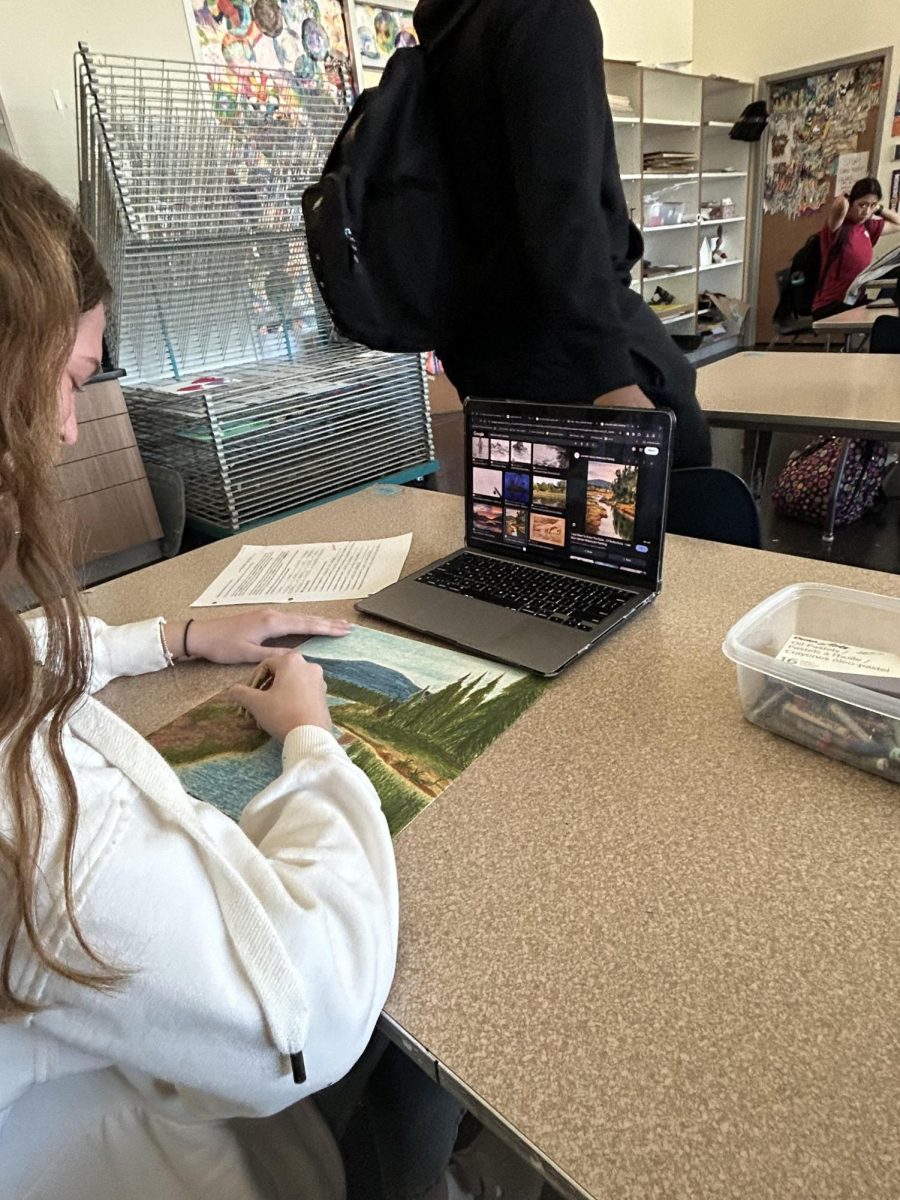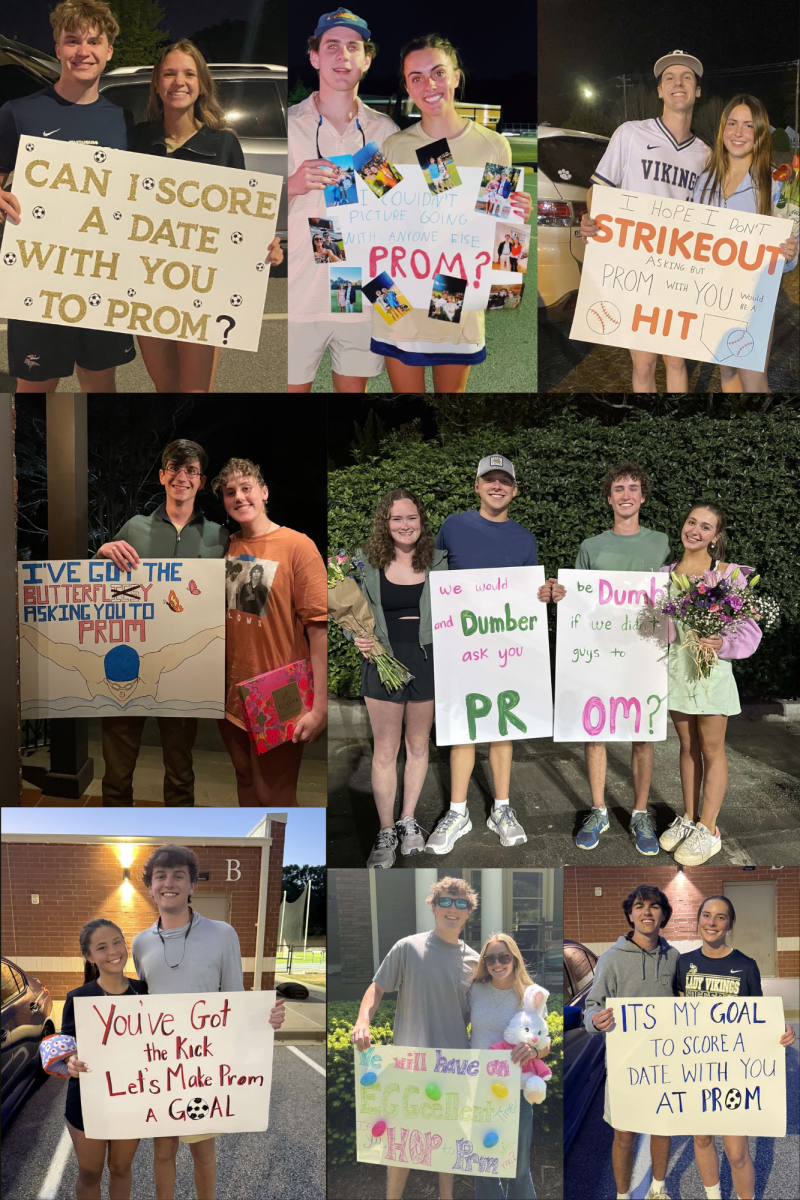
Taking a “mental health day” from school is a trend that has grown in popularity in the United States since the Covid-19 pandemic in 2020. Mental health days are days off from school and other activities to create time to prioritize one’s mental and emotional well-being. After taking a break from school and recharging mentally, students can return to school with a clearer mind, increased focus and improved sense of well-being.
While society has recently been emphasizing the importance of erasing the stigma surrounding mental health struggles, some still feel uncomfortable seeking the help or advice they need. This stigma is confronted at Spartanburg High School with the help of Christi Foster, one of the two mental health/clinical counselors for Spartanburg High School. Foster’s job lets her meet with various students and provide mental health counseling and therapy.
Foster says she is a firm believer in the value of students taking mental days from school if it will help them.
“High school is hard, being a teenager is hard. Life can be overwhelming,” Foster said. “I think it is very important to listen to your body and your mind. If they are telling you that you need a break, listen to them.”
While taking a break from school to focus on your mental and emotional health can be a great thing, if abused these “breaks” can harm you. For example, when students take these days off, they are still missing work from school, which can cause a backlog of assignments if too many days are taken in a row. This can possibly lead to mental health days actually causing stress.
Merian Tom (10) takes mental health days to calm herself emotionally and mentally, but she makes sure not to abuse these days.
“I think students taking mental health days from school is good even though there are problems like missing important work. As long as they have the rest they need and as soon as they come back to school, they make up the work they missed, I believe it is all right,” Tom said.
It is important that on these break days student should be focused on coping strategies that will benefit them in the future. Living a mentally healthy life is hard to define because it looks different for everyone. For Tom, these strategies to clear her mind are taking a nap, listening to music, singing and cleaning.
Gray Howlett (11) has occasionally taken a mental health day from school and has their own coping strategies.
“One of the best ways to recover during a mental health day is to stay away from social media and/or devices in general. You should also do something productive that you enjoy,” Howlett said.
Foster overcomes this difficulty by providing her students with lots of different options of coping strategies.
“I generally keep a list, and we discuss what strategies the person is willing to try and ones that they are sure will not work for them. It usually takes a person trying several different strategies until they choose the one or ones that works best for them,” Foster said.








